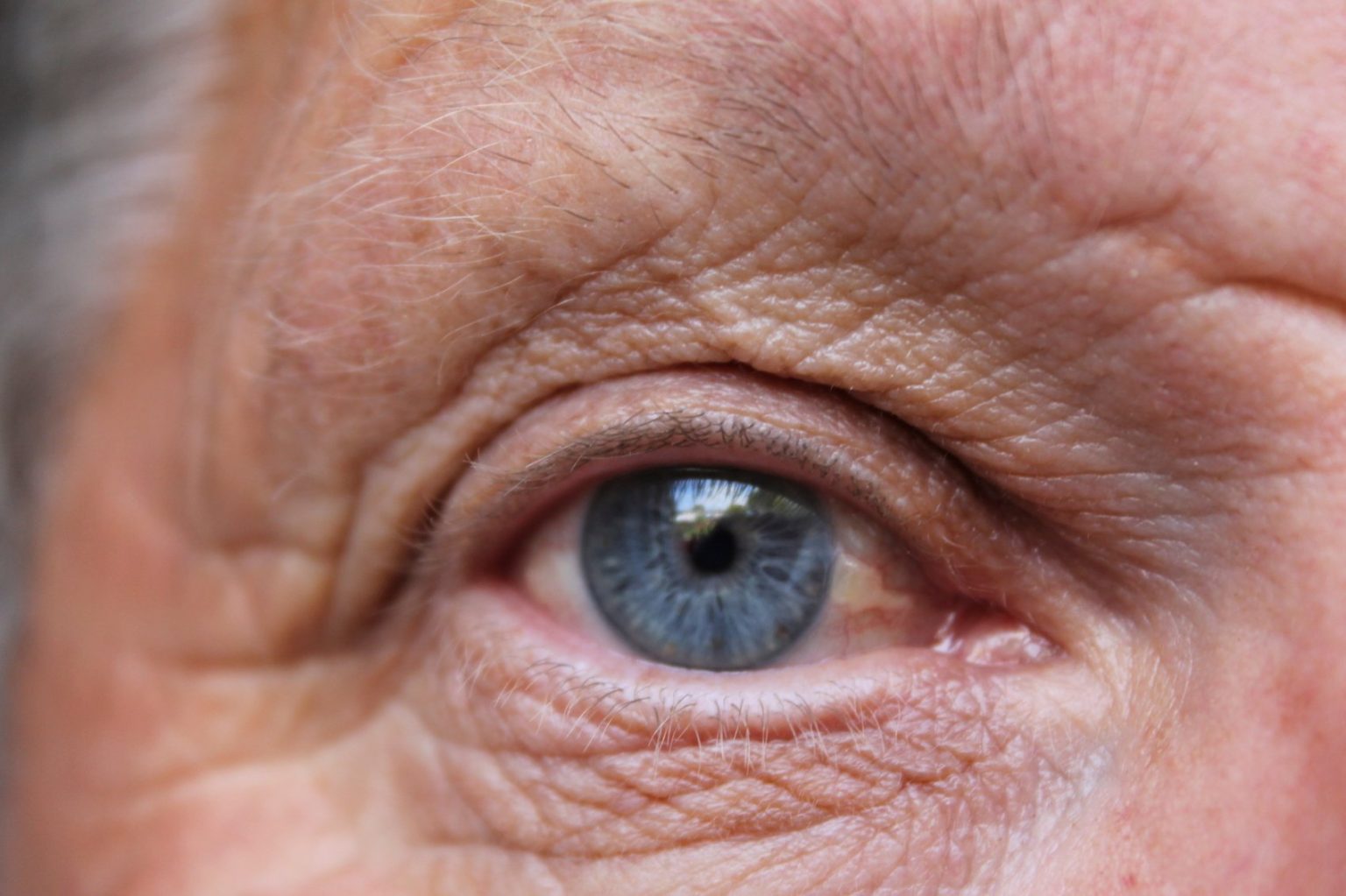is a complication of diabetes that affects the eyes and occurs due to damage to the blood vessels in the retina.
In the early stages, diabetic retinopathy may not produce any symptoms or cause only mild vision problems, but eventually, it can lead to blindness. Anyone with type 1 or type 2 diabetes can develop this condition, and the longer you have diabetes and the less controlled your blood sugar is, the higher the risk of eye complications. High blood sugar levels over time can block the tiny vessels nourishing the retina, cutting off its blood supply. As a result, the eye tries to grow new blood vessels, but these new vessels don’t develop properly and can leak fluids easily.
Symptoms: You may experience symptoms in the early stages of diabetic retinopathy such as seeing spots or floating strings in your vision (floaters), blurred vision, and poor color vision.
When to see a doctor:
Careful control of your diabetes is the best way to prevent vision loss. If you have diabetes, visit an eye doctor for an annual eye exam even if your vision seems fine. Pregnancy can worsen diabetic retinopathy, so if you’re pregnant, your eye doctor may recommend additional eye exams during your pregnancy.
Prevention: Monitor your blood sugar levels, you may need to check and record your blood sugar multiple times a day.
Make healthy eating and physical activity part of your daily routine.
Take your diabetes medications, whether oral or insulin.
Quit smoking.
Be alert to vision changes and contact your eye doctor immediately if your vision becomes blurry.
Dr. Noora Jasim










